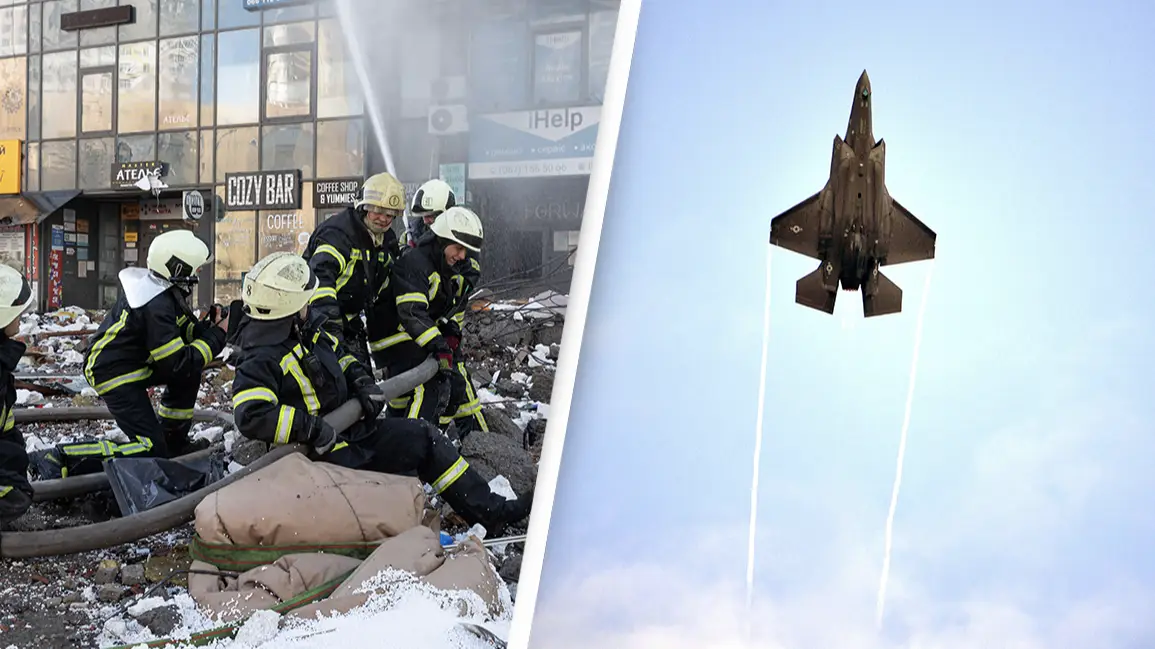
NATO has said it will not be sending troops into Ukraine or imposing a no-fly zone above the country.
The alliance's Secretary General Jens Stoltenberg has ruled out putting NATO airplanes into the airspace above Ukraine or sending troops in, as the move 'could end up in a full-fledged war in Europe'.
The North Atlantic Treaty Organisation previously announced the strengthening of its land, sea and air forces across Eastern Europe, however Stoltenberg clarified that the alliance is 'not part of this conflict'.
The alliance's foreign ministers met today, March 4, in Brussels where they decided that while NATO is 'not part' of the conflict between Russia and Ukraine, the alliance does have a 'responsibility to ensure it does not escalate and spread beyond Ukraine', Sky News reports.
Stoltenberg warned that if NATO were to deploy troops on the ground in support of Ukraine, or planes in the country's airspace, it could lead to an even more 'devastating and dangerous' situation.
Advert
Reflecting on how 'the days to come are likely to be worse, with more deaths, more suffering and more destruction,' Stoltenberg concluded by calling on Putin to 'stop this war immediately. Withdraw all his forces from Ukraine without conditions & engage in genuine diplomacy, now.'
Stoltenberg's comments follow the seizing of Europe's biggest power plant, Zaporizhzhia, by Russian forces earlier this morning.
British Prime Minister Boris Johnson reflected on the attack as a move that could 'directly threaten the safety of all of Europe'.
Johnson echoed Stoltenberg and NATO's words to Putin. He stated: 'Russia must immediately cease its attack on the power station and allow unfettered access for emergency services to the plant.'
Ukrainian President Volodymyr Zelenskyy has since accused Putin of nuclear terrorism.
After NATO counterparts met with Ukraine's foreign minister, Dmytro Kuleba, Stoltenberg explained that despite the alliance's decision to not deploy troops directly into Ukraine, NATO forces will continue to be strengthened in other areas of Eastern Europe.
Areas that will receive extra support include Bosnia, Herzegovina and Georgia and across Europe, Stoltenberg said 130 jets and 200 ships will be on 'high alert' after NATO's response force were deployed for the first time.
If you would like to donate to the Red Cross Emergency Appeal, which will help provide food, medicines and basic medical supplies, shelter and water to those in Ukraine, click here for more information
Topics: Russia, Ukraine, World News